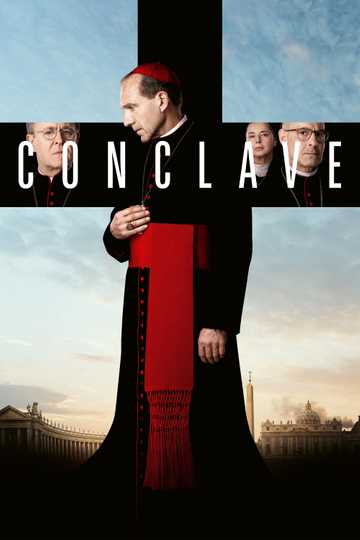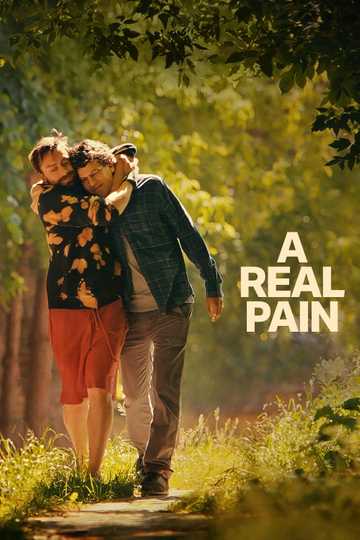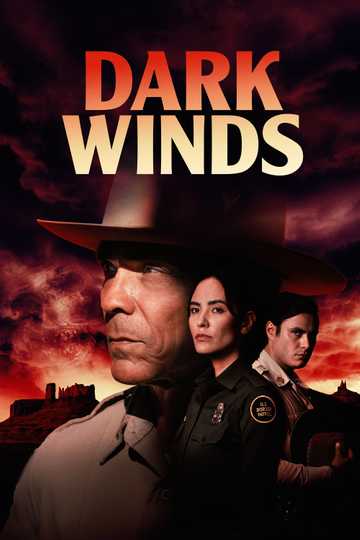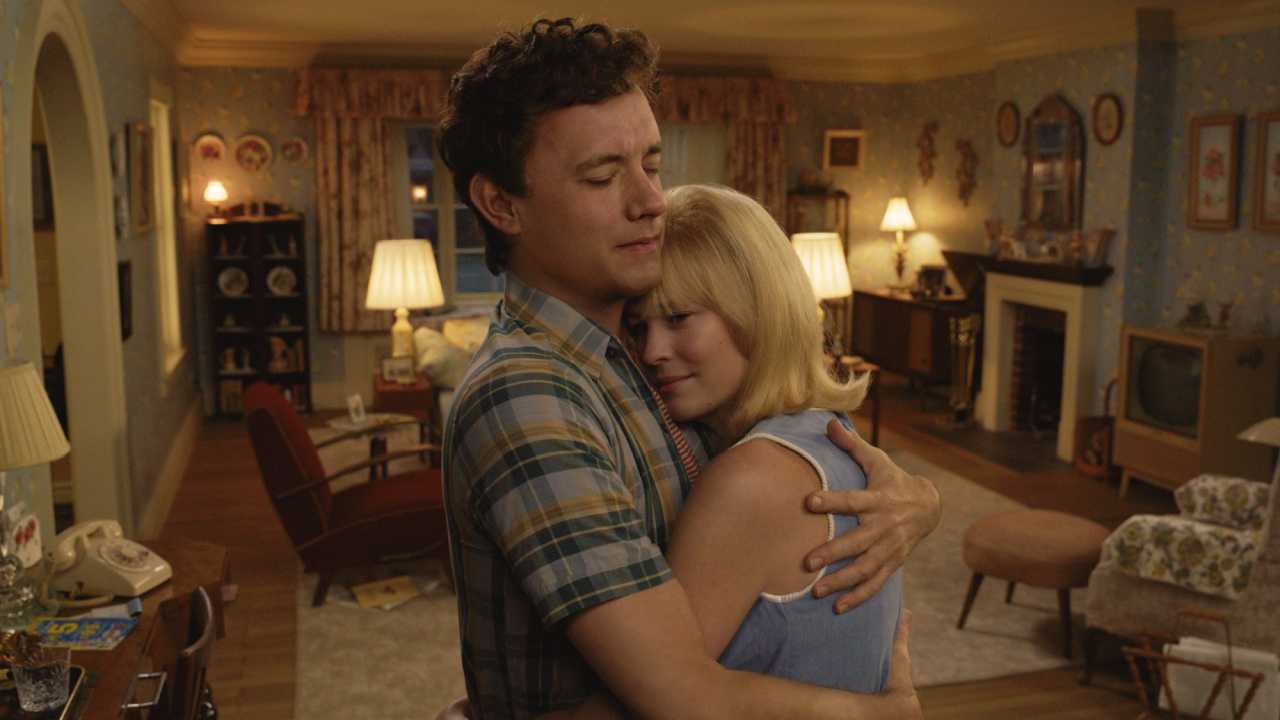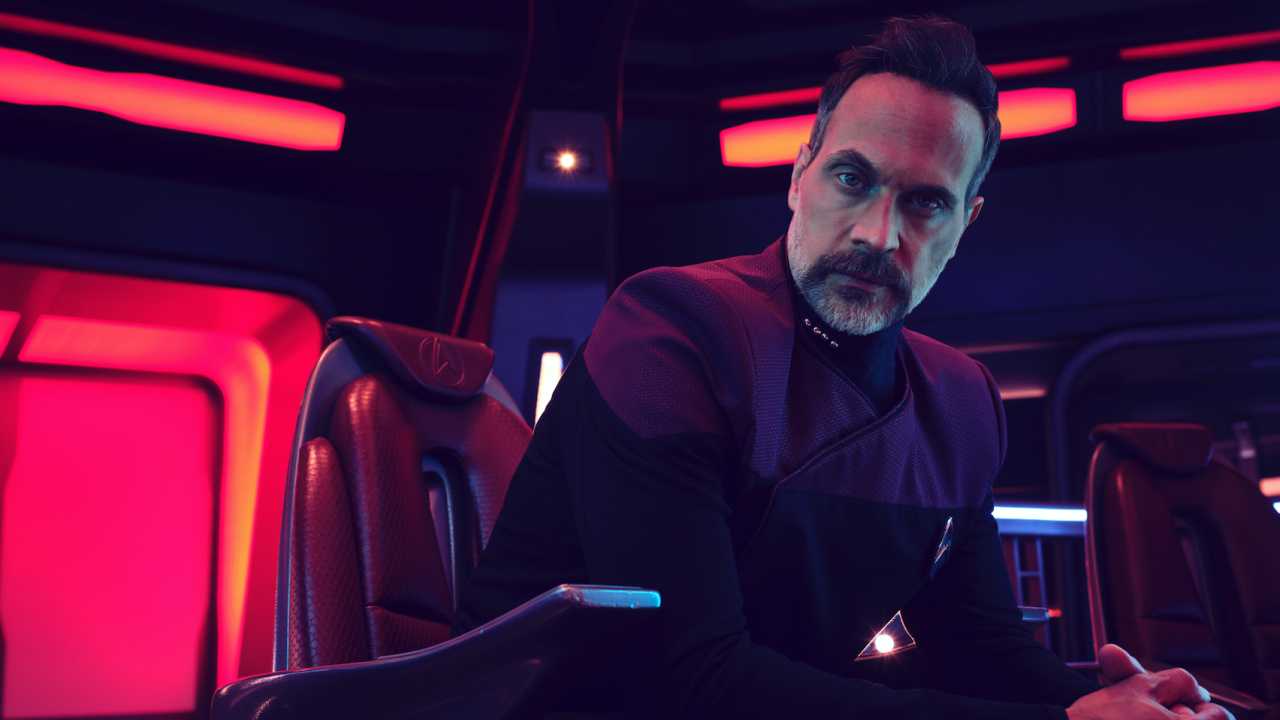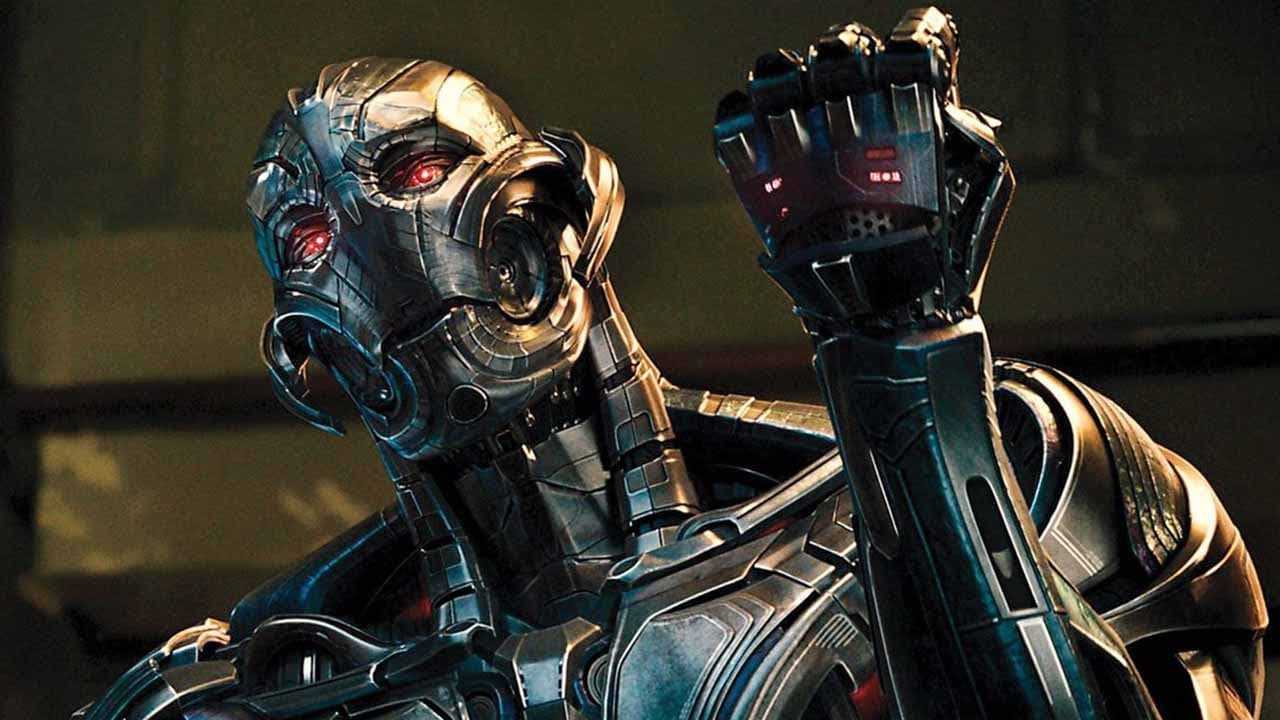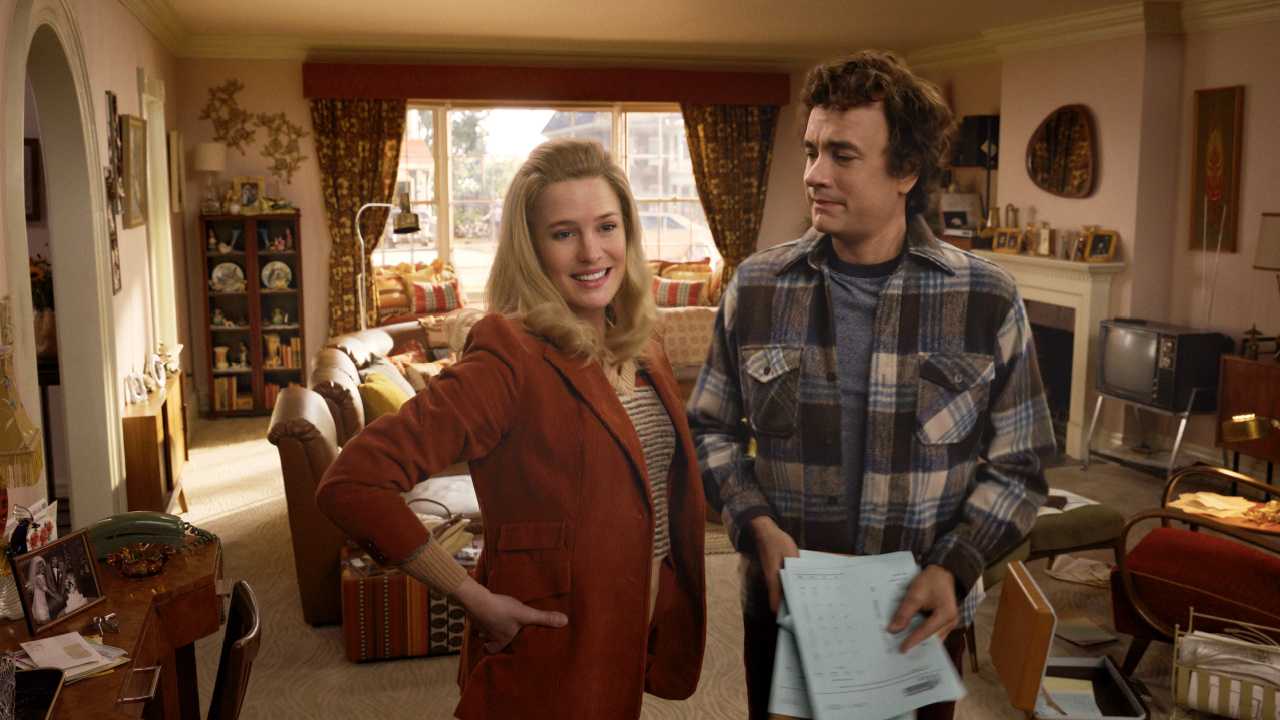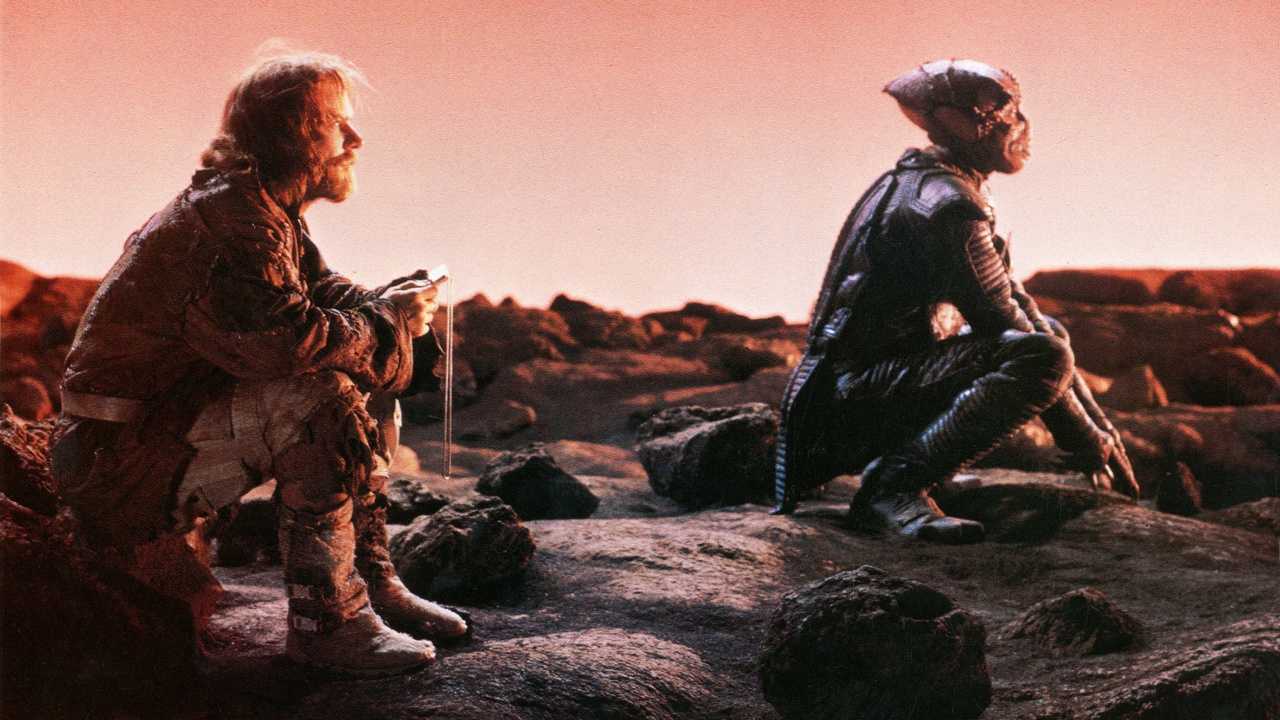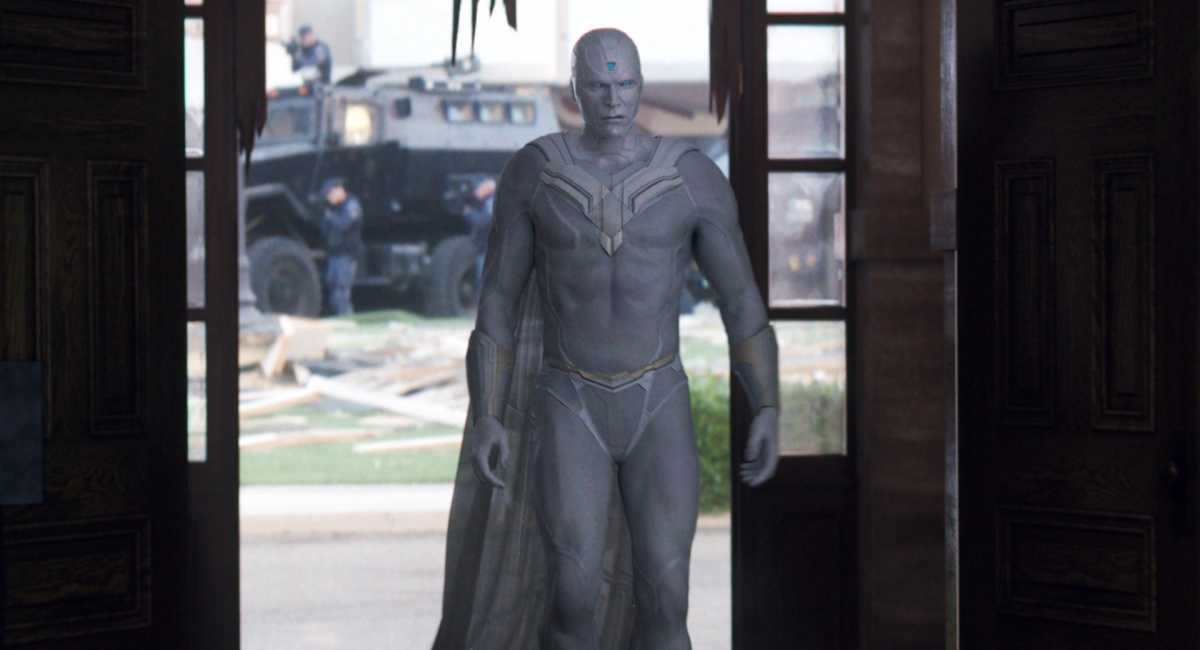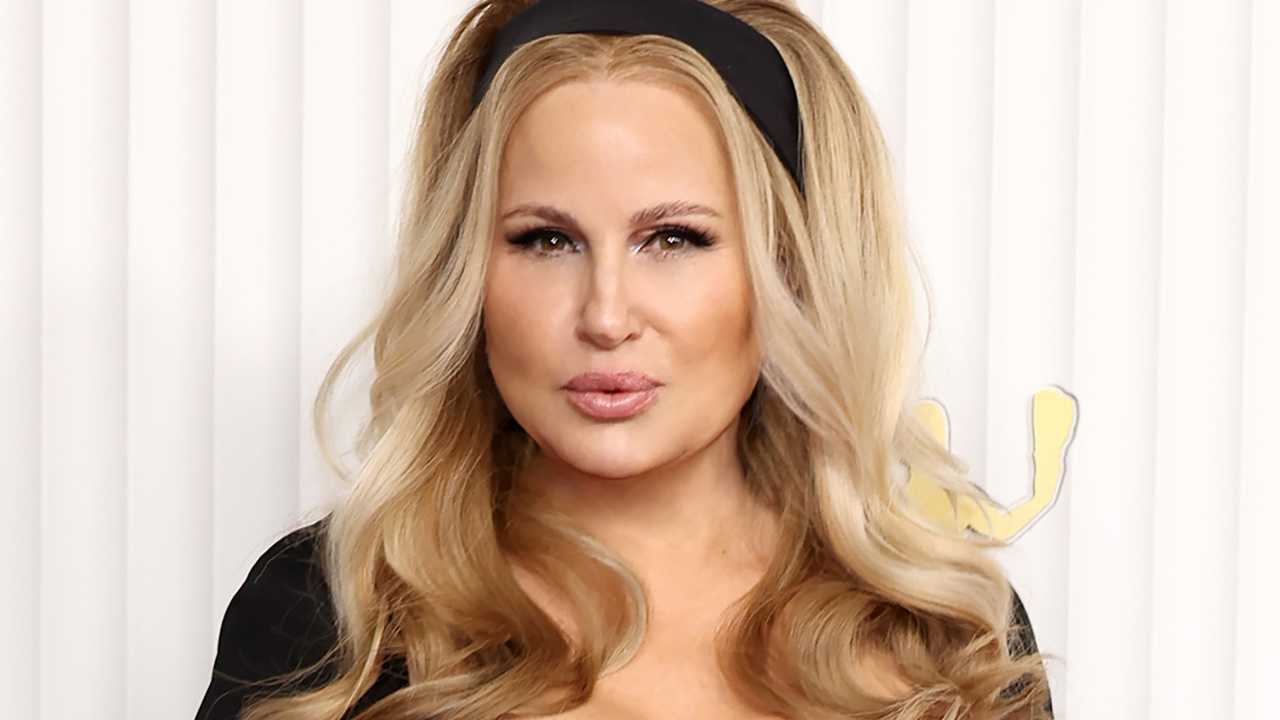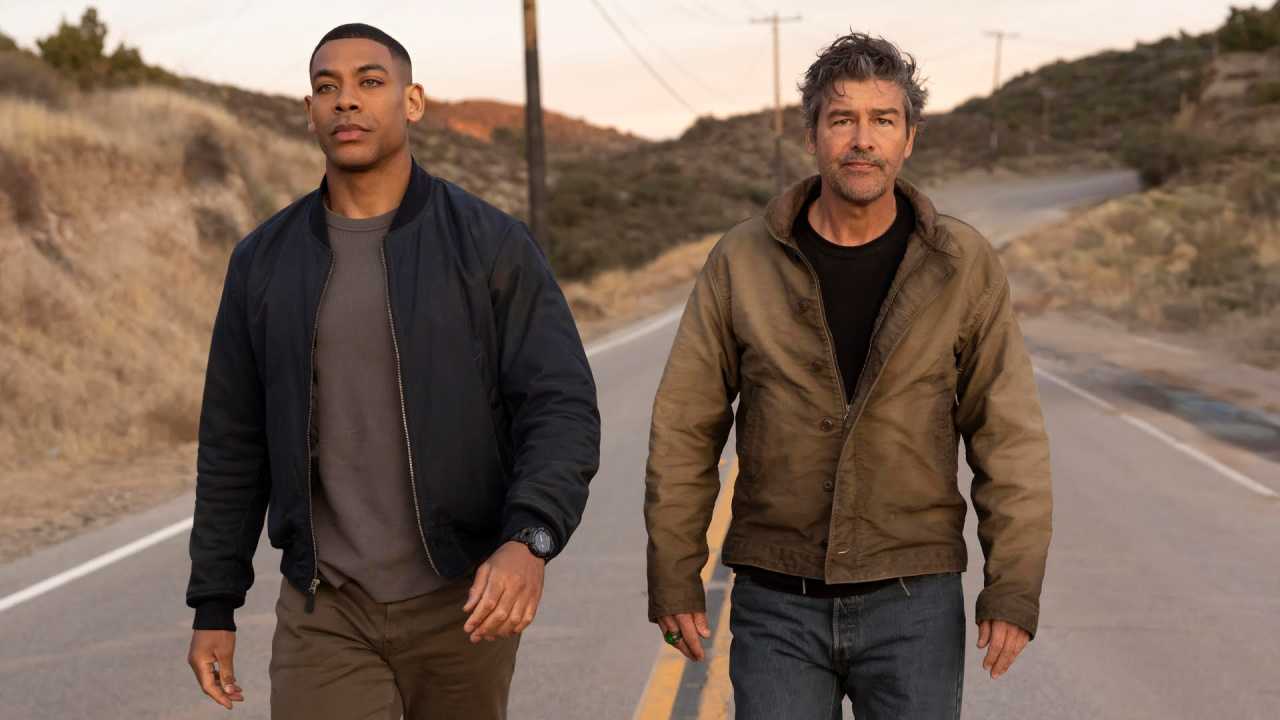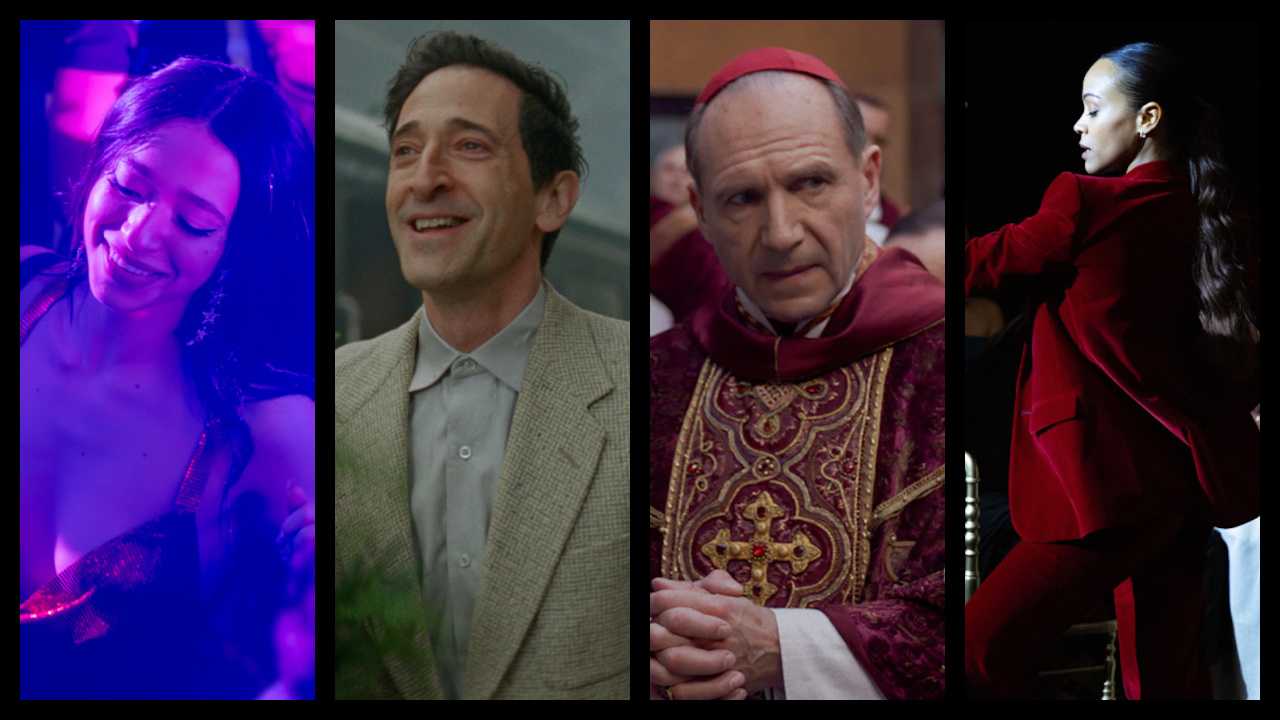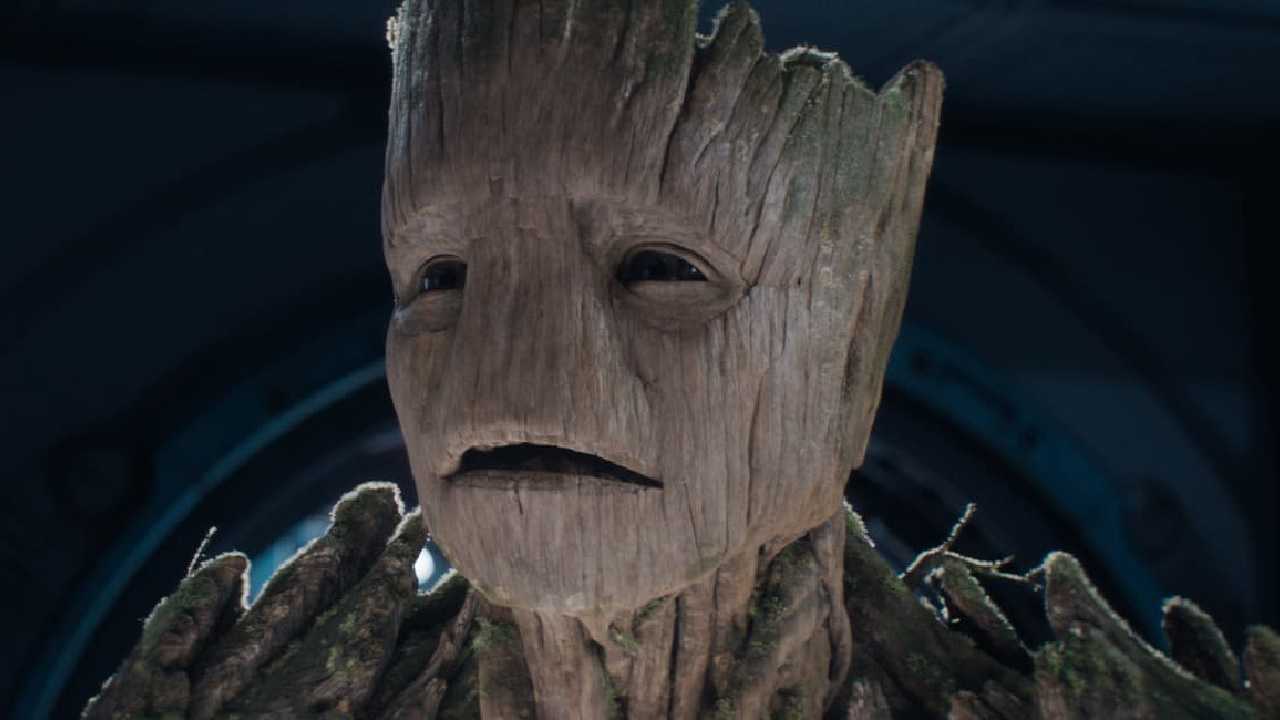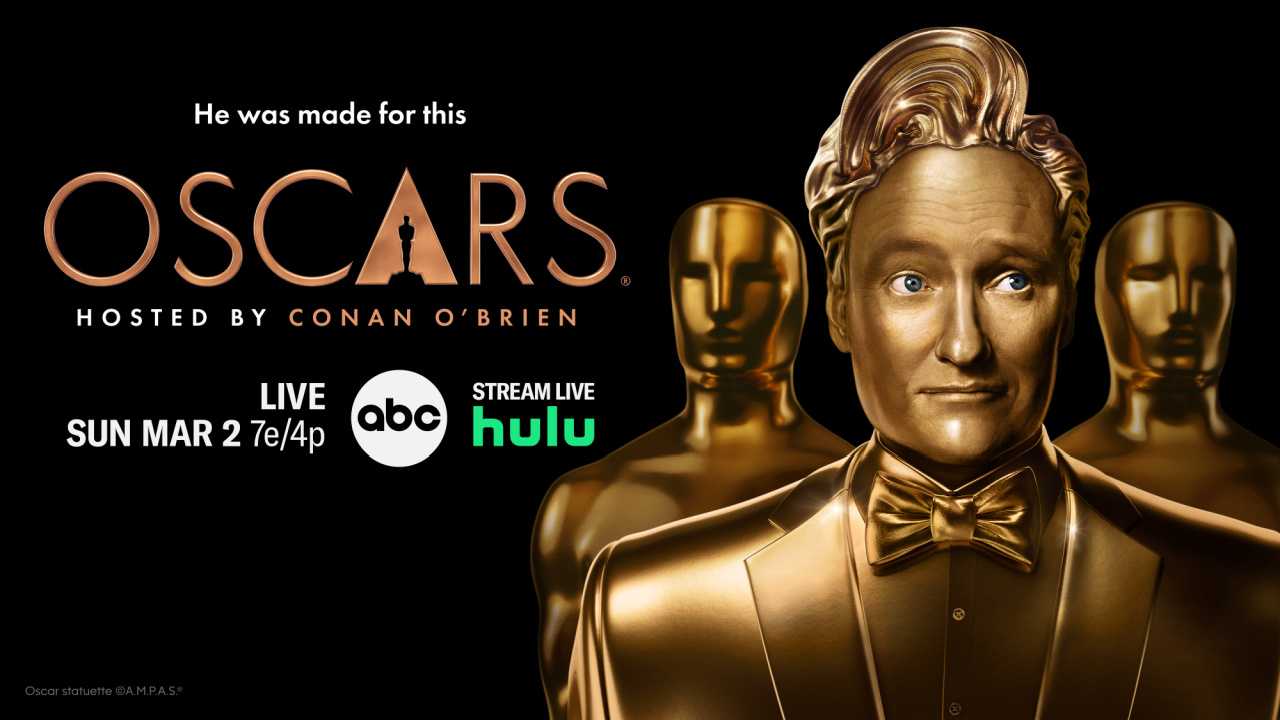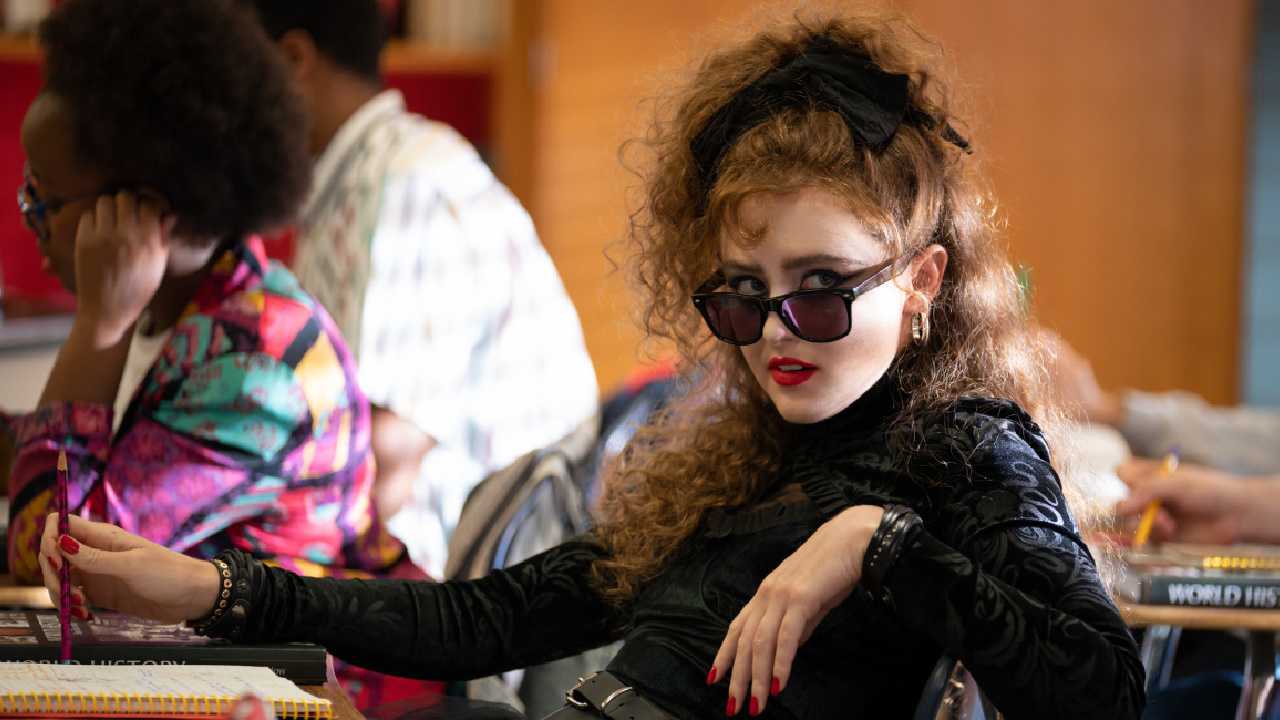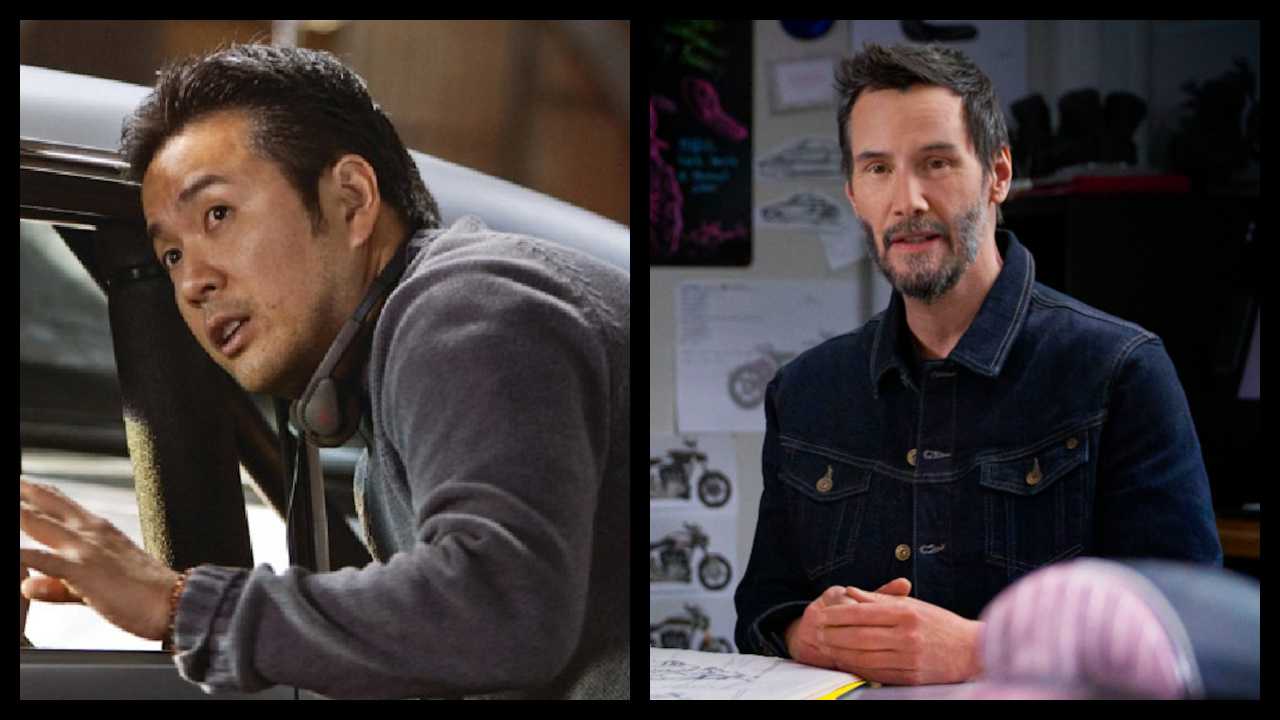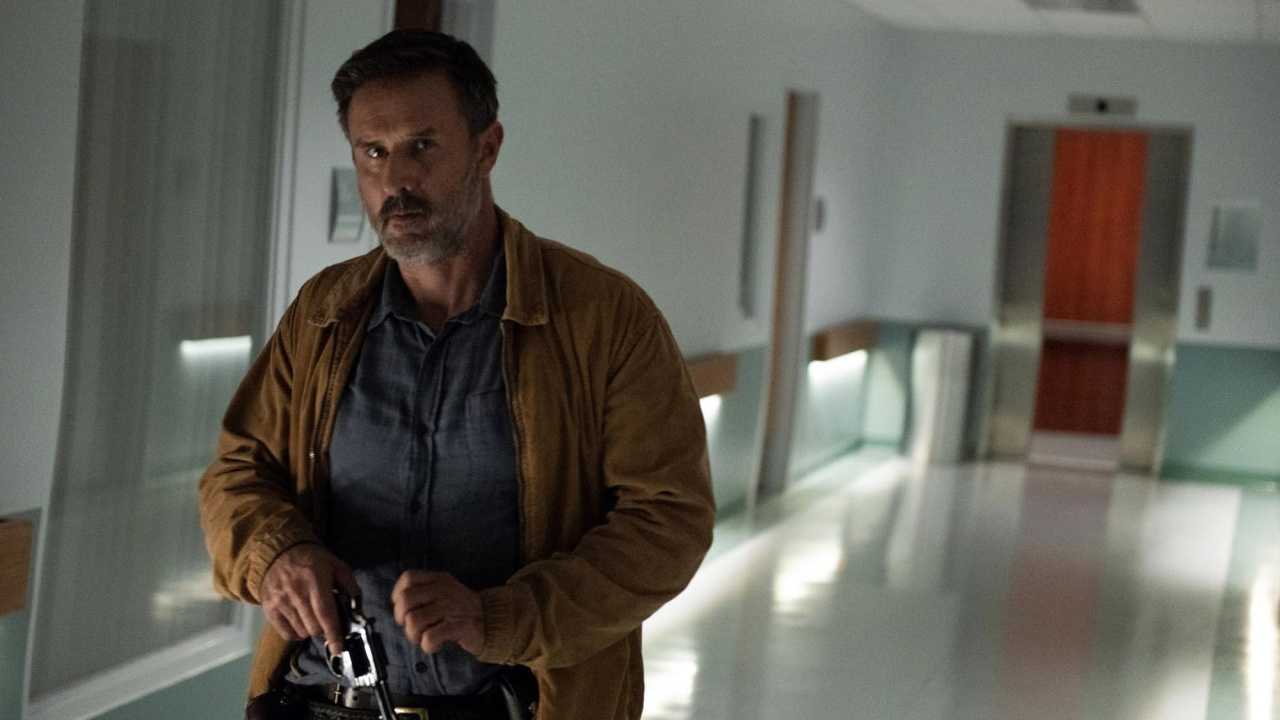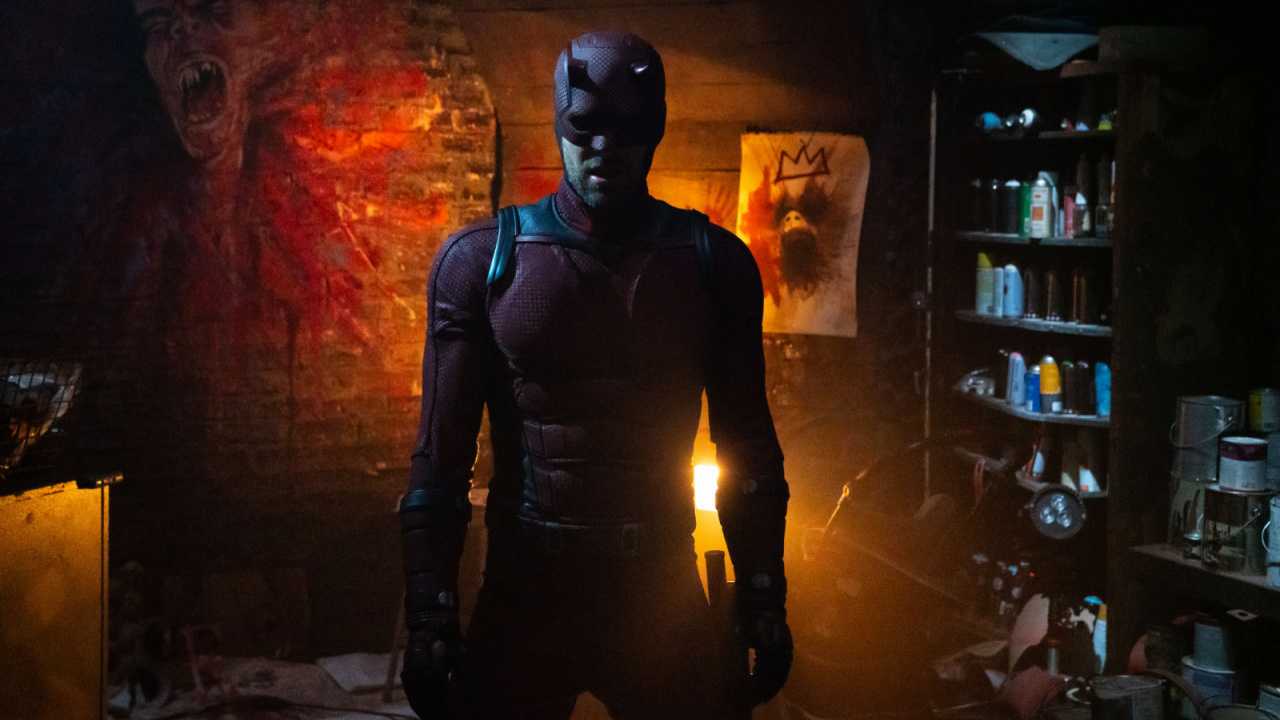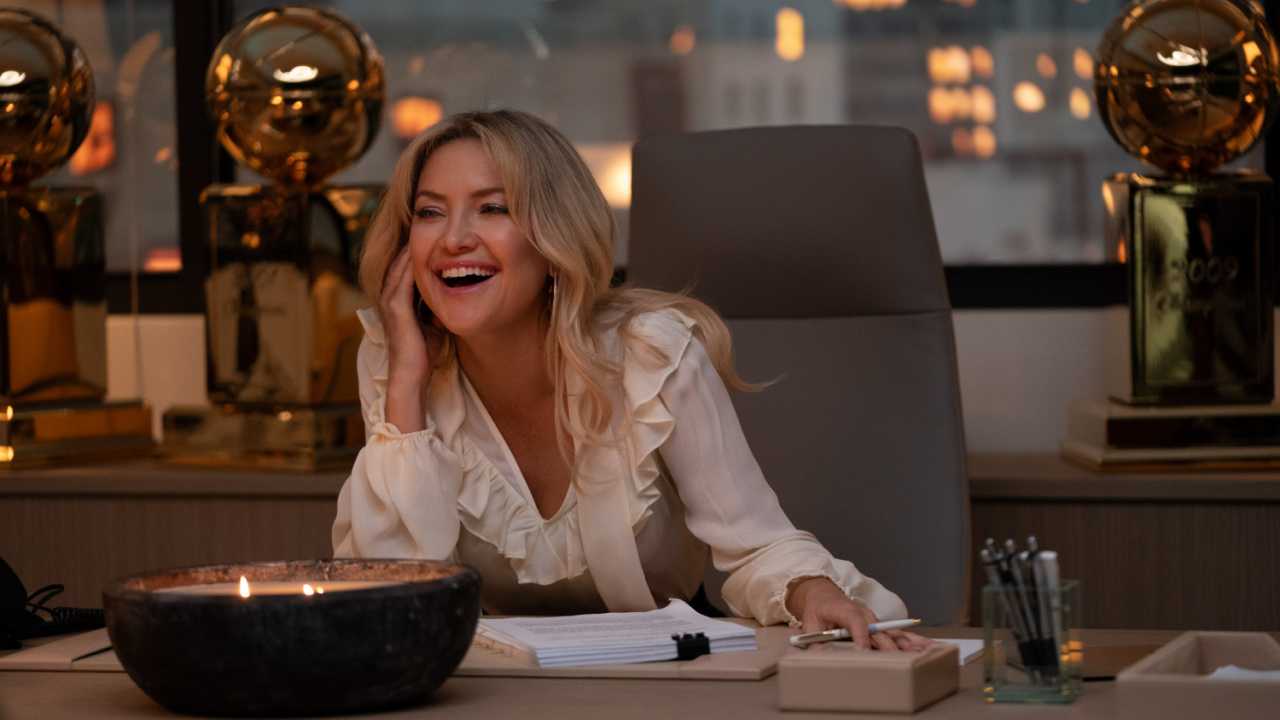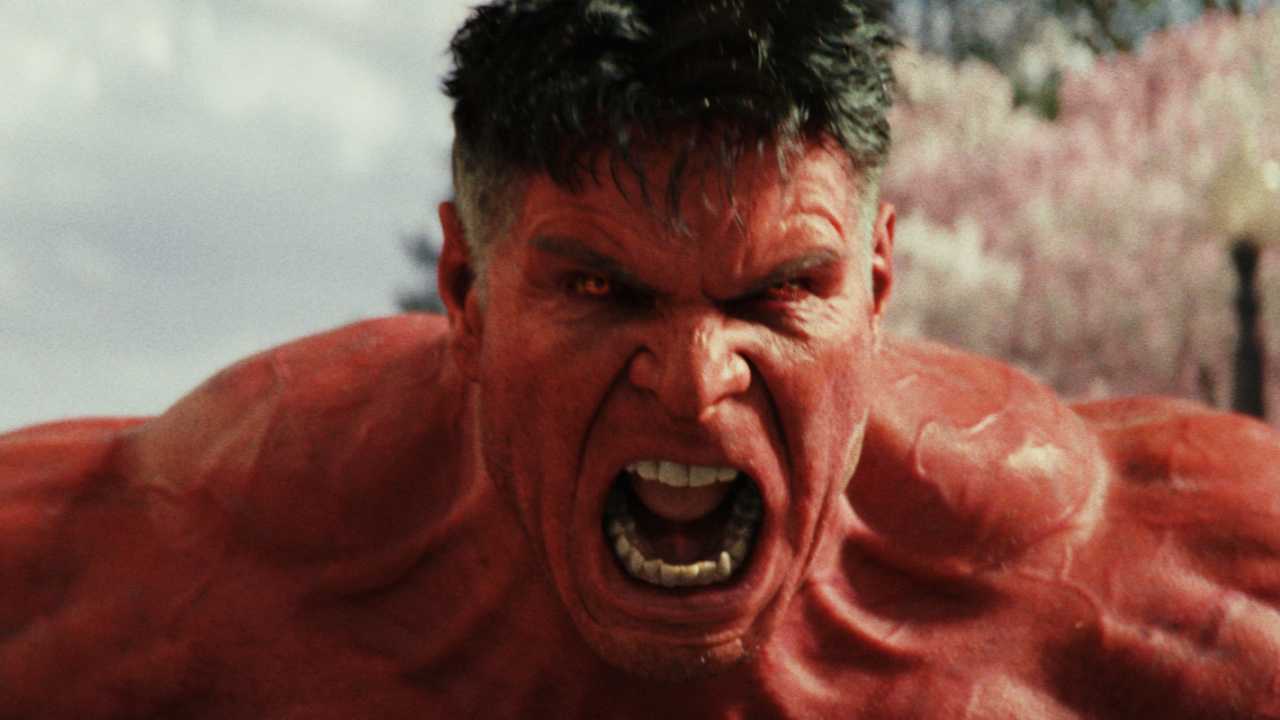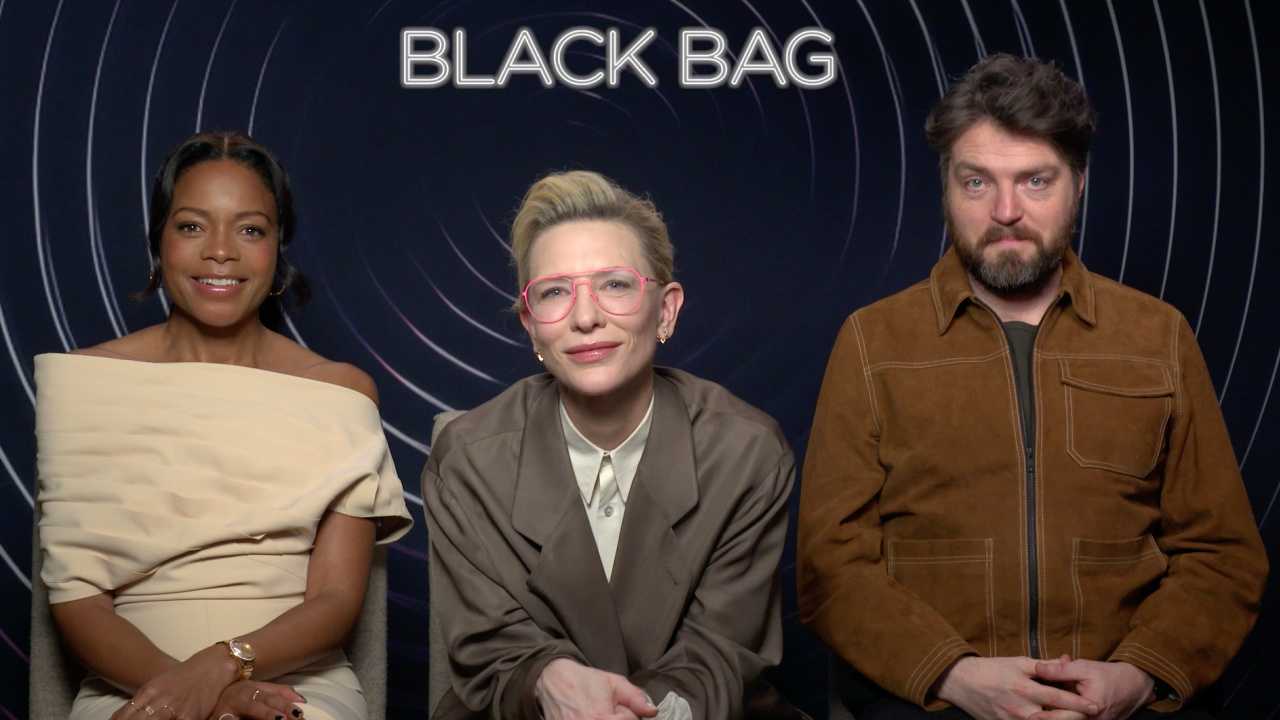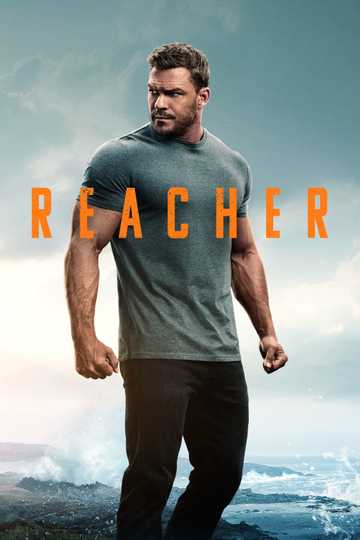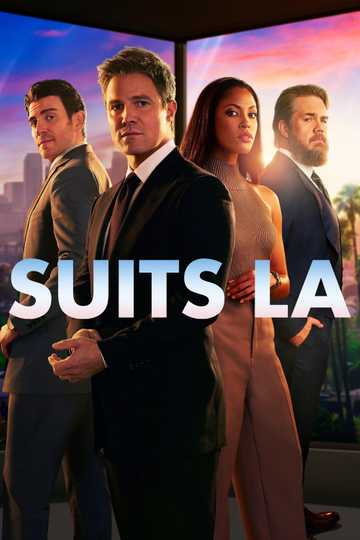'Solo' Star Paul Bettany Reveals Why You'll Love to Hate His Star Wars Villain
As Star Wars villains go, "Solo: A Star Wars Story's" Dryden Vos is a very unique threat.
He, as far as we can tell, has no affiliation with the Force or need to peer pressure folks into learning the power of the Dark Side. He doesn't wield a lightsaber -- though he does rock a cool, double-bladed knife thing with a glowing red surge or power in the blades.
Other than that, Vos is the first baddie in the most recent crop of Star Wars movies to be "just a bad guy," one who is unmoored from what fans are used to in these movies' heavies -- ties to the Empire or galaxy-conquering motives. Which, in a way, makes him more dangerous because he's unpredictable. Fans don't know what he's capable of, or what he is willing to do or who he is willing to hurt to achieve his goals -- which is a welcome subversion of expectations in a movie with few surprises.
Vos' uniqueness in the Star Wars canon is not lost on the actor who plays him, Paul Bettany. Moviefone recently sat down with the once (and future?) Vision to discuss how he tackled one of the franchise's more memorable antagonists, how being in Marvel movies helped prepare him for Star Wars, why he took on a role previously played by Michael K. Williams before the film's reshoots, and just what the hell is up with those things on Vos' face.
MOVIEFONE:Has Marvel spoiled you with these big franchises, or do you have moments on set where do you go, "Holy s**t, I'm in a Star Wars movie!"?
Paul Bettany: (Laughs) Yeah, no. I don't feel spoiled at all. I feel really un-jaded about it. I was thrilled to be in this movie. The first time I was ever on a film set, for a TV show called "Whitcliffe," I remember thinking, "You've got to remember these feelings you're having right now, because it will pass and you won't feel the same." I was so excited, and it didn't ever feel the same until I was on the Star Wars set and I walked down a spiral staircase and an R2 unit went by with champagne flutes on its head and I just thought, *gasp* "I'm in Star Wars."
Were you privy to the original iteration of your character? Did you see anything that Michael K. Williams did, because the character as first conceived was a half-lion, mo-cap alien?
No. It would have been awful. But I think he's a really well-written character.
Just to be clear, Michael K. Williams is a brilliant actor. The problem with being a brilliant actor is that you're often in high demand. By the time what happened on the set, and Ron took over and wanted to do reshoots, Michael had already got another job, because he's a brilliant actor who's highly in-demand. The misfortune was my fortune. I feel sorry for that, but they took the opportunity to rethink whether they wanted it to be a CG, mo-cap character. The decision was made, "Let's humanize him," because you kind of want to believe there might have been some sort of physical relationship between the character of Qi'ra and my character, Dryden Vos. And that's very hard to do with an alien mo-cap creature.
In terms of that, was there ever a moment where you were reading the script and you were like, "This scene might be pretty tough. This scene might be more challenging than I thought."?
I thought that the scenes were really well-written. The characters were fantastic. I just wanted to play a character that had absolutely no problems with being bad. Like, totally neurotic about it, and super happy to be evil. He's really good at it, you know? He's really good at torture and murder. It's difficult not to practice things that you're good at. Some people are good at piano. Some people are good at torture and killing. [laughs] But I'm sure he just thinks of himself as an entrepreneur. I think he's well aware that he's a bad guy.
What I like about your portrayal of Vos, compared to other Star Wars villains, is that he's almost a hero, too, in his own world.
Right.
It's just really interesting to see that type of dynamic that we haven't seen in a Star Wars film before.Because there's a whole world wrapped up in that guy, from the scars on his face -- which, by the way -- are those scars?
I don't think they're scars. It's a speciation thing. I think it's like an octopus, when they flash different colors when they get furious or whatever. Look, it's one of the nice things about the [movies outside the main trilogy], as it were. They're less encumbered with the same set of responsibilities that the main franchise has, so you get to have a slightly different tone. You're slightly freer to be a different sort of bad guy. He doesn't have the sort of ideology that Darth Vader has.
There's a certain panache to him that isn't there in other films.
Well, you know what it is? He's partly the same as Han. I think he probably grew up much like Han did. He made his way up from the streets. Han is in the process of learning the same lesson that he's learned, which is that the galaxy is cruel. So you gotta be cruel to get by in it. And that's what Han learns. But his heart's just too big, so [Han will] be there at the Death Star.
Yeah, it's like -- Han is an a**hole, but he's not a f***ing a**hole.
Right. Han tries really hard to be selfish, but he can't quite do it.
Whereas your guy is committed.
Right (laughs) He's got that down.
So, in these big movies -- whether it's Marvel films or Star Wars -- how do you balance the emotional geography of a scene with the physical and deliver that type of emotional performance? Whether it's Vision meeting his fate at the hands of Thanos, or Vos' knife fight in "Solo?"
I think having an awareness of where you are in the story or where the audience is in the story. In "Infinity War," for instance, I know that the fans have watched him be born, spend three films learning to be human and then -- right at the end -- do what maybe is the most human act of all in his sort of self-sacrifice. Just to be aware that the story is holding so much of that. There's not a huge amount that you can do to augment it. You've just got to be present and in the moment and trust that the last three films have done it for you -- have set you up for this moment. You don't need a huge amount of histrionics. So being aware of it, I guess, is my answer.
One last question: Some of the actors have shared that there was a lot of downtime on set, and [director] Ron Howard has a lot of experience and he shared some cool stories. I wondered if there were any cool stories you wanted to share about working with Ron. Is there any cool moment where he pulled you aside?
I'm spoiled for choice. I've known Ron for so many years, and Ron has looked after me so much. We have worked together on three movies. My wife has made more movies than I have. I directed a movie that Ron was very involved with helping me. But being able to sit down with the man that made "Apollo 13," for instance, and being able to say: "How did you organize that?" I love being a part of making movies, and I have directed -- or tried to direct -- and I'd like to direct again. But being able to talk to him about the organization involved in making something like "Apollo 13" at that time -- and how inventive it was in solving its problem of actually shooting weightlessness, and how you pick and choose your battles on that type of a production, was really amazing. But he was also in "American Graffiti," and hearing those stories is just... I'm always finding out new things about Ron. You can see him on the set of "Happy Days" with John Lennon. I saw a picture of that and was like, "That's f***ed! That's f***ing crazy!"
"Solo" hits theaters May 25.




